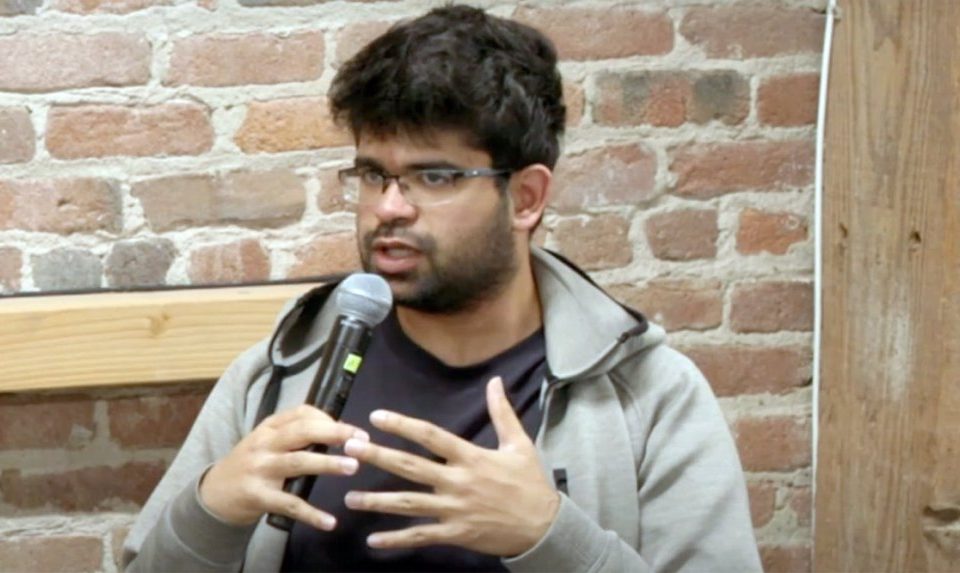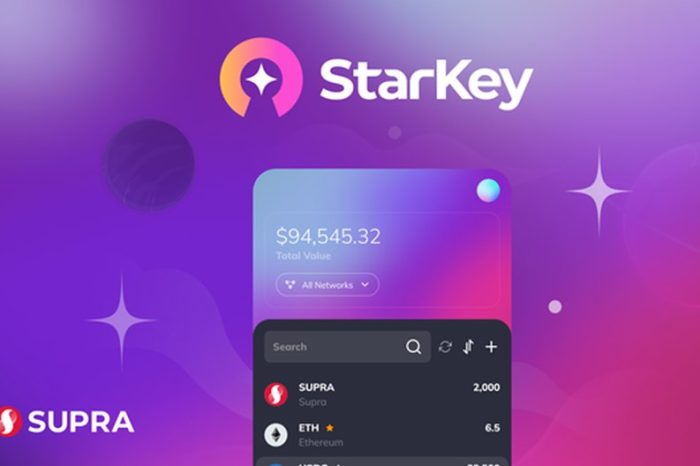Perplexity AI launches ad revenue sharing for publishers following plagiarism allegations

Generative AI startup Perplexity AI on Tuesday unveiled a revenue-sharing initiative for publishers, marking a strategic pivot after a series of plagiarism accusations. Prominent media entities including Fortune, Time, Entrepreneur, The Texas Tribune, Der Spiegel, and WordPress.com are the first participants in Perplexity’s “Publishers Program.”
This announcement comes in the wake of a turbulent June when Forbes discovered that Perplexity AI’s Pages tool had reproduced its paywalled content without proper attribution, save for a diminutive “F” logo at the page’s bottom. Shortly after, Wired reported similar infractions, alleging that an IP address likely associated with Perplexity had accessed its parent company’s websites over 800 times within three months.
“To further support the vital work of media organizations and online creators, we need to ensure publishers can thrive as Perplexity grows. That’s why we’re excited to announce the Perplexity Publishers Program and our first batch of partners: TIME, Der Spiegel, Fortune, Entrepreneur, The Texas Tribune, and WordPress.com,” Perplexity said on its website.
Perplexity AI, which recently secured $30 million in funding from SoftBank, specializes in AI-assisted search and aims to challenge Google’s dominance. Within three months, the 2-year-old startup saw its valuation doubled to $3 billion.
The new revenue-sharing model promises to distribute a portion of advertising revenues to publishers whenever their articles are cited in AI-generated responses. Dmitry Shevelenko, Perplexity’s Chief Business Officer, told CNBC that publishers would earn a flat percentage per article used, with multiple articles in a single response tripling the revenue share.
Although Shevelenko did not disclose the exact percentage, he confirmed it is a double-digit figure. Interest from publishers has surged, with numerous major newspapers and media companies expressing enthusiasm within hours of the program’s launch. Perplexity aims to onboard 30 publishers by year-end and is exploring partnerships with publishers’ ad sales teams to monetize Perplexity’s inventory comprehensively, CNBC reported.
“When Perplexity generates revenue through interactions referencing a publisher’s content, that publisher will receive a share,” Perplexity stated in a blog post. Additionally, publishers will receive API credits and analytics via ScalePost.ai to gain deeper insights into content usage.
Perplexity’s engagement with publishers began in January, with the revenue-sharing concept crystallizing in the first quarter of 2024. Five employees have been dedicated to developing the program, according to Shevelenko, who noted that the initiative stemmed from discussions about integrating Perplexity’s APIs and technology into publisher products.
This initiative unfolds against a backdrop of growing tension between AI startups and media outlets, which are increasingly vigilant about protecting their intellectual property from AI-generated content. The Center for Investigative Reporting, for example, recently sued OpenAI and Microsoft for alleged copyright infringement, joining a list of publications like The New York Times and Chicago Tribune that have filed similar lawsuits.
Conversely, some news organizations are opting for collaboration over confrontation. OpenAI’s partnerships with Time and News Corp. exemplify this trend, granting access to extensive archives in return for content integration into AI models.
Perplexity AI’s search tools, designed to deliver immediate, source-cited answers, leverage models from OpenAI and Meta’s LLaMA. Since its launch, the platform has attracted 10 million monthly active users and processed over half a billion queries in 2023.
Founded in 2022 by Aravind Srinivas, Andy Konwinski, Denis Yarats, and Johnny Ho, Perplexity AI stands out in the competitive AI landscape. Based in San Francisco, it positions itself against heavyweights like OpenAI’s ChatGPT and Google’s Bard, aiming to redefine search with its user-centric, AI-driven model. The company’s recent launch of an iOS app underscores its commitment to catering to a predominantly mobile audience.




